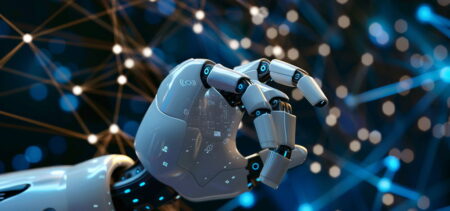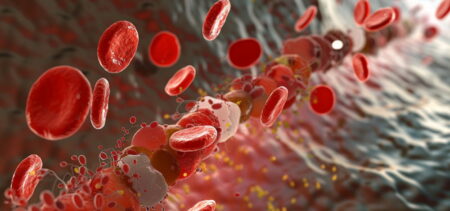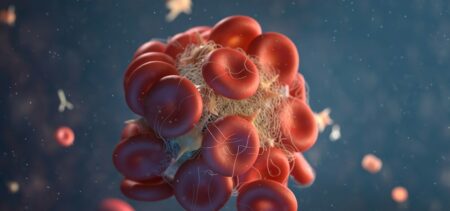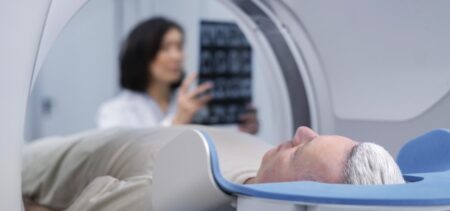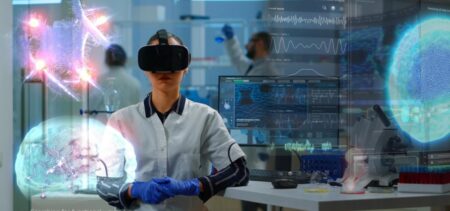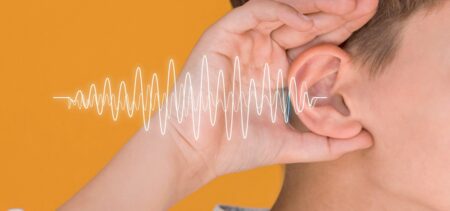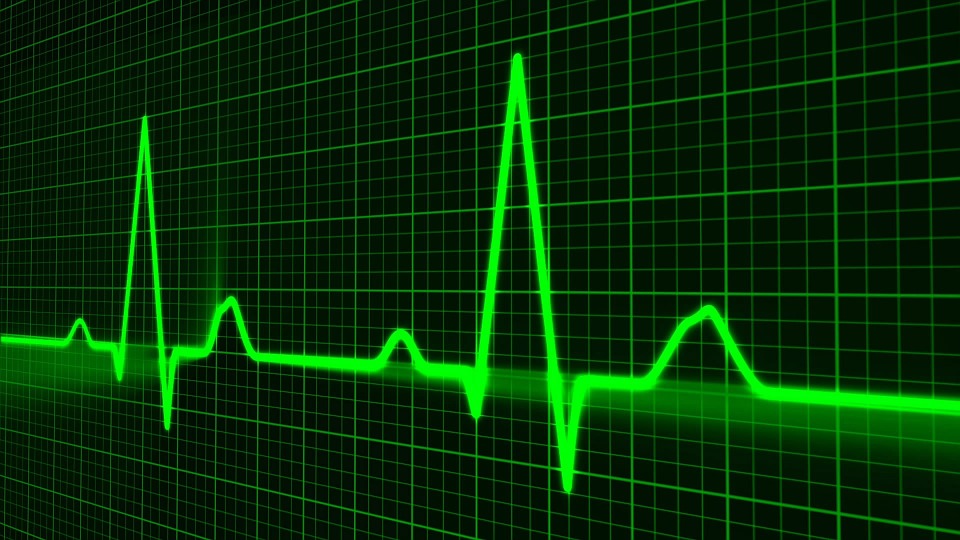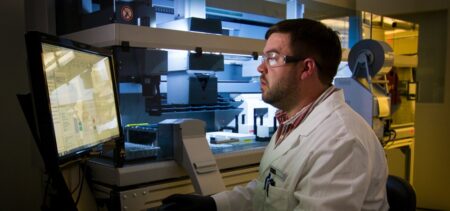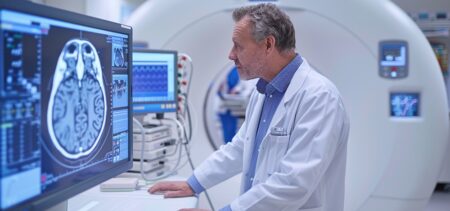The benefits of artificial intelligence (AI) and robotics in medicine can be divided into three groups: increased efficiency and productivity by optimizing clinical processes and allowing doctors to concentrate their full attention on the patients; improved patient experience by avoiding unnecessary procedures; continuous development of care, based on accurate diagnosis and optimized treatments. The availability of new technologies is increasing in hospitals around the world and companies are developing new solutions that promise fewer errors and even fewer risks. At the same time, international organizations are keen on encouraging healthcare innovation. Thus, the future of these new technologies for the healthcare industry might not mean that doctors will be soon replaced by robots, but rather that AI and robotics will help them with their work.
But the use of AI and robotics in medicine also has its limitations, just like any other technology. For example, algorithms learn to do certain tasks, such as recognizing diseases, by “feeding” on as much patient data as possible. However, in some cases, such as rare diseases, there is simply not enough data available. Machine learning cannot be used in order to recognize these conditions. So while the new technologies promise to bring new effective answers to old problems in the field, they also come with problems of their own.
The other side of the story
Doctors seem to agree in saying that new technologies are essential for the future of medicine, but they may also want to take note of their side effects. For instance, while robotic surgeries do cause significantly less pain than conventional interventions, it is not yet clear how these assisted interventions will impact on surgeons’ skills. Technology is getting better and better at a very fast pace and there seems to be a growing need for new studies when discussing its effects.
“More frequent use of digital media may be associated with the development of ADHD symptoms,” according to a report published in the Journal of the American Medical Association. The new study involved roughly 2,500 teens over a two-year period. While the subjects had no significant symptoms of ADHD at the beginning of the study, teenagers who used social media heavily were found to be twice as likely as infrequent users to show symptoms of ADHD. While the authors mention that “further research is needed to assess whether this association is causal,” we cannot help but ponder on the implications. Could the extensive use of some specific technologies make us prone to psychiatric problems? Will doctors’ ability to concentrate grow in the future or could AI and robotics have an opposite effect?
What have we learned so far?
AI and robotics are now used in medical centers around the world that believe in true innovation and have the resources to sustain it. The medical community is also showing a growing interest in the new solutions. At the same time, people everywhere are becoming more interested in preserving and managing their own health. “Prevention” is a buzzword in healthcare, just like AI and robotics. Will that be enough to build a better future?
Considering the benefits, one may argue that the future of healthcare looks brighter than ever. The introduction of digitalized health record has proved to be a game changer in terms of efficiency and productivity, and research shows that it also reduced the costs of outpatient care. Surgeons put their trust in robotic surgery, as it causes less pain than conventional interventions and provides patients with better chances for a speedy recovery. Cloud computing has provided the healthcare industry with better and safer ways to store and access big data. Breakthroughs in communication and especially telemedicine are now key factors that connect healthcare professionals with people, especially in rural areas. Despite the apparent risks, the impact of AI and robotics on healthcare seems to be positive, with the advantages compensating for the short list of side effects.
The complete impact of AI and robotics on medicine may be hard to asses now. It may be reflected by doctors’ tendency to use robots for certain tasks, making precision medicine grow and evolve. Technology may also prove useful in building better health systems with large hospitals that provide patients with the same standards of care. Even the common meaning of the word “doctor” may change, as more and more healthcare professionals will probably have to acquire new digital skills. As new technologies can diagnose and treat old issues for the healthcare industry, the list of disadvantages seems rather short for the moment.


